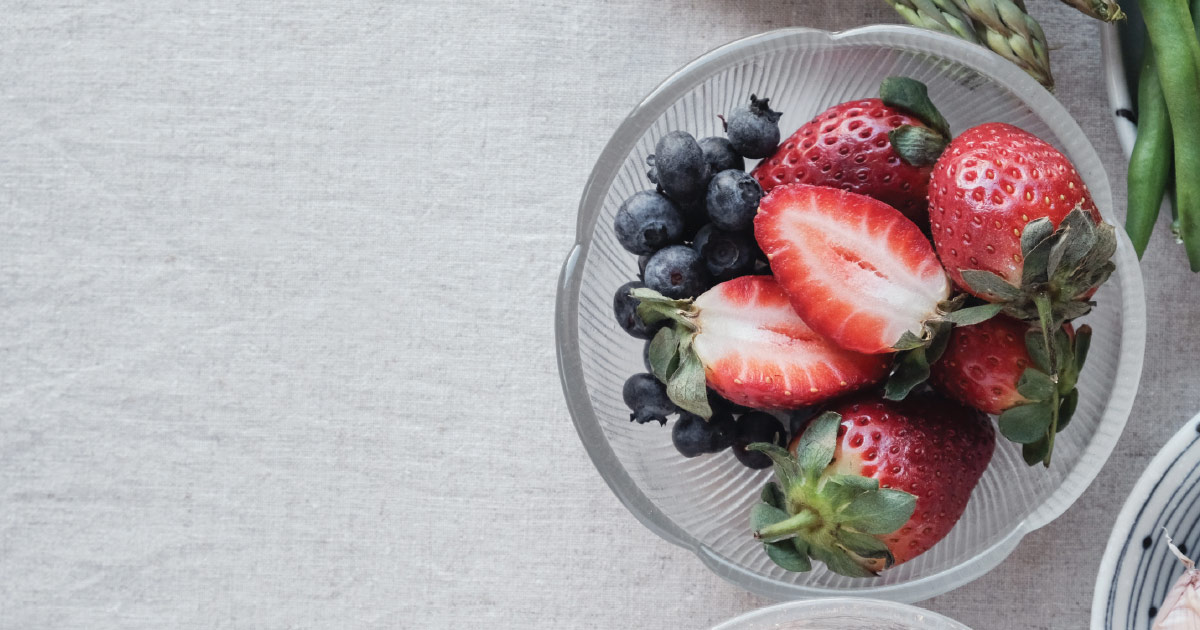"Gut" is one of those odd words that has many meanings, from the protrusion said to come from too much beer consumption to the feeling you get when something feels right or wrong. You can have guts, spill your guts, and even hate someone's guts—though we don't recommend spending your energy on that last one.
It's also an abrupt and somewhat indelicate word that encompasses the entire gastrointestinal tract—from the mouth to the other end—and all the twists and turns in between. It's arguably one of the most important systems in the body, with the essential job of processing and absorbing the food we eat, as well as parsing out what stays and what becomes waste. It sounds pretty routine, but the gut is actually more than partly responsible for our overall health, whether good or bad. That's because it's more than simply a pathway for brownies, Brussels sprouts and bacon to travel; it's linked to many other functions, most notably the central nervous system and the immune system.
Sounds like a lot to digest, doesn't it? That's why we spoke with an expert to break it all down. Diane Teall Evans, Nutritional Therapy Practitioner (NTP), Restorative Wellness Practitioner (RWP), and Founder of Root Cause Reset, knows a thing or two about gut health and has dedicated herself to improving people's lives through her expertise and programs.
Unless you've been living in an underground bunker, you've likely heard the term "gut microbiome." But what does it mean? The root of gut health is in the bacteria in the microbiome, which includes both good and bad bacteria.
"More than 70% of our immune system is found in the gut, particularly in the large intestine or gut microbiome," Teall Evans said. "We contain trillions of microorganisms, which actually outnumber human cells."
While the idea of that much bacteria in our bodies may seem alarming, those bacteria are actually crucial—and not necessarily germy in the way we might associate the word.
"We aren't striving for a sterile environment; instead we want a balance of diverse beneficial/commensal bacteria and to keep opportunistic bacteria in check," Teall Evans said. "Bacteria here help with nutrient synthesis, help make neurotransmitters and so much more."
That's why it's so important to give our bodies proper nourishment and focus on a healthy lifestyle that includes managing stress and getting adequate rest and exercise. Anti-inflammatory foods can keep the intestinal tract healthy, creating a ripple effect that extends to overall wellbeing. Conversely, antibiotics and hormonal birth control—and even Ibuprofen—can negatively impact gut integrity, as can alcohol, processed foods, sugary drinks and more.
"Elimination or healing diets are popular tools, especially in the New Year. While they can help lower the body's physical stressors, that is just one piece of supporting one's gut health," Teall Evans says. "Alongside that, it's important to focus on real, whole, nutrient-dense foods. I encourage my clients to prioritize foods that came from the ground or had a mom, opting for the best they can in their unique budget."
What happens in the gut—maybe surprisingly—affects mental health as well.
"Most neurotransmitters are made in the gut; 95% of serotonin, for example," Teall Evans explained. "Practically speaking, a balanced, healthy gut helps improve mood. There are, of course, other factors that affect our emotional and mental wellbeing, but attention here offers positive benefits beyond gut and mood!"
You're perhaps now wondering where your own gut stands in this conversation. If you're experiencing bloat, heartburn, reflux, food intolerances or sensitivities, stinky gas, and/or constipation and diarrhea, Teall Evans says these are obvious sirens that the gut needs TLC. She also notes that other, less obvious symptoms include appetite issues and inconsistent, irregular bowel movements, as well as seasonal allergies and sinus problems, brain fog or fatigue, and skin conditions such as eczema, psoriasis and rosacea.
With so much talk of prebiotics and probiotics these days, sprinkling them into your diet in food or supplement form may seem like an easy way to address gut issues.
"In some cases, adding fiber or probiotics willy-nilly before basics are addressed makes matters worse," Teall Evans said. "Supporting the entire gastrointestinal tract north to south offers the best results."
Interested in digging deeper? Visit diteawellness.com to learn more.
Allison Kay Bannister has been a West Michigan resident since 1987 and a professional writer since 2002. A GVSU alumna, she launched her own freelance writing business in 2017. Allison is a cookie connoisseur, word nerd, aspiring gardener, and metastatic breast cancer thriver who loves traveling in Michigan and beyond, and enjoys art, world cuisine, wine, music, and making homemade preserves.
This article originally appeared in the Apr/May '22 issue of West Michigan Woman.




